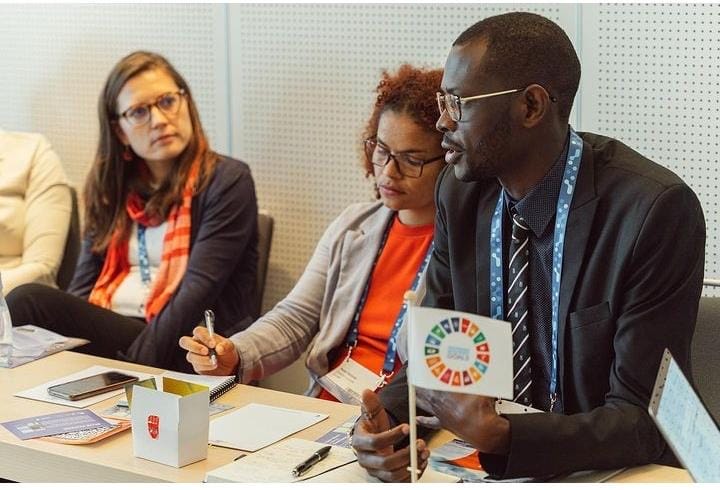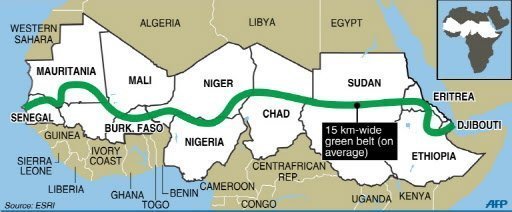Water is free, but gaining access to it is not. And even when access is established, maintaining access to it comes at its own cost. The journey to ensuring the sustainability of access to clean water goes beyond focusing on providing access and relying on the communities to take ownership of the facilities. But on the system of sustainability put in place to sustain the access.
Urban communities in Nigeria often enjoy more formal services compared to rural communities. The rural-urban divide continues to increase amidst increasing poverty. Through their rural water supply agencies (RUWASSA), most state governments in Nigeria support rural communities in maintaining their broken pumps. But this is usually done through a formal process of written letters from the community to RUWASSA and sometimes passed to the State Ministry of Water Resources. The turnaround time can be months or a year when the budget becomes available and approval is provided.
As one will think, when you lose access to clean water for three days, you must have exhausted your backup supply. And the communities retard to poorer sources, re-exposing them to the risks of the contamination of waterborne diseases and associated socio-economic challenges.
Two of the most deprived states of clean water in Nigeria are Kebbi and Sokoto States, where only 6 out of 10 people have access. And two out of these six people lose access to it in the second year after gaining access.
With this finding of the quick loss of access and government maintenance procedure, we supported the establishment of a social enterprise to provide frequent and responsive maintenance services to these communities. This looked like the silver bullet to the maintenance issues. However, communities needed to pay for this maintenance service monthly by contributing funds to a community bank account. Informal means of saving funds do not guarantee the safekeeping and accountability of their funds.
As we worked with 31 communities, we realised that many of the members elected by the communities to represent them in maintaining the water service could not be signatories to bank accounts. And even many other unelected community members could not be signatories. They couldn’t because they do not have a formal identity card recognised by the banks.
The National ID card, which is free of charge, is the easiest solution. But even at that, such registration services are not available within a 15km radius of each of these communities. They will have to travel to the state capital, a 30-60km journey for some, at their own cost. Many only go to these capitals once ill and are referred to the general hospital from their local primary healthcare centres.
Ensuring the continued provision of the guaranteed service by the social enterprise can only be done if these communities open a savings account to enable them to pool their funds through monthly subscription amounts. The social enterprise promises less than 48-hour downtime.
Faced with these people’s obstacles and poverty, many had to be encouraged to get formally identified and open these bank accounts.
As we continue to promote sustainability and the achievement of SDGs in Nigeria, the sustainability of some of these services will come down to formalised institutions set up to provide support. The challenge is now more evident without identity numbers identifying Nigerians and with 70% financially excluded.
The individual elements that interact to provide the water services at the onset must play a critical role in either designing the architecture of the maintenance service or being a part of it.
Written by Sadiq Abubakar GULMA.
Lorem ipsum dolor sit amet, consectetur adipiscing elit. Ut elit tellus, luctus nec ullamcorper mattis, pulvinar dapibus leo.


